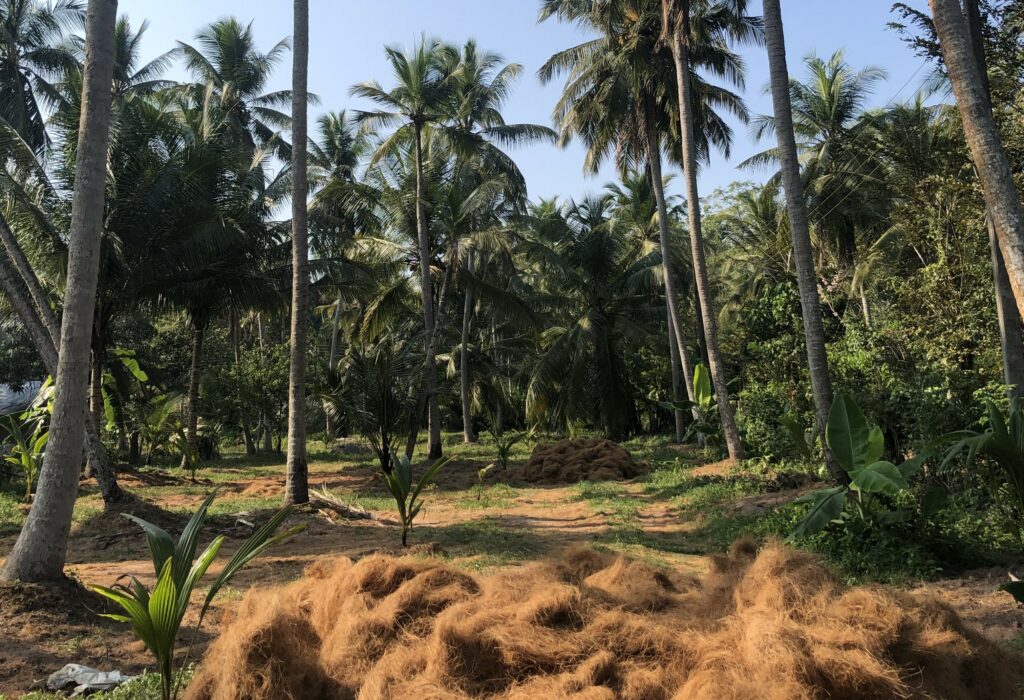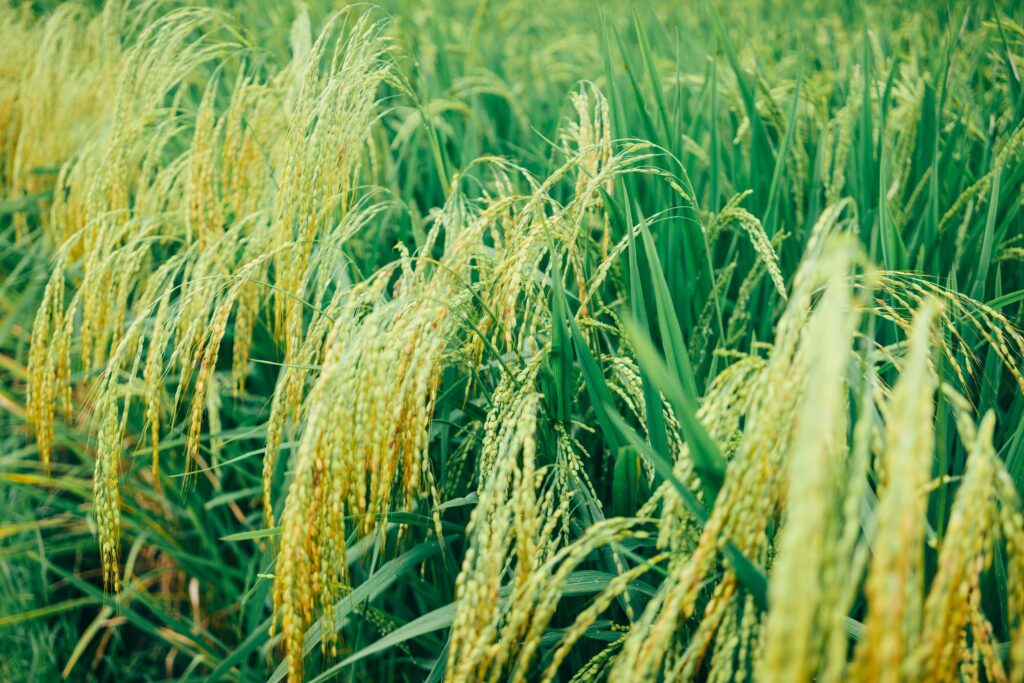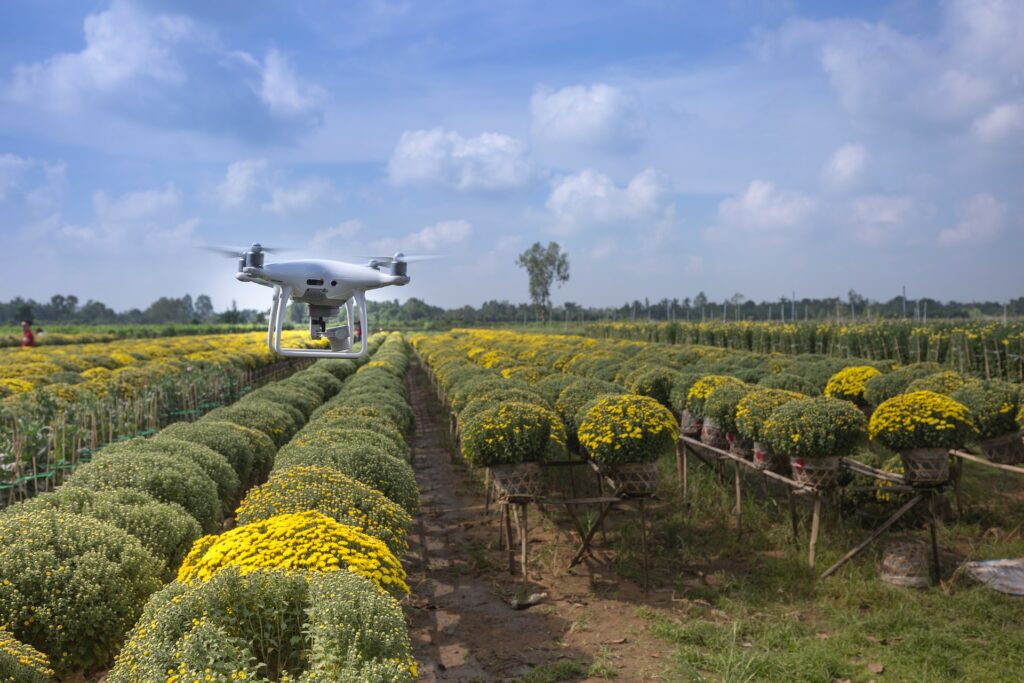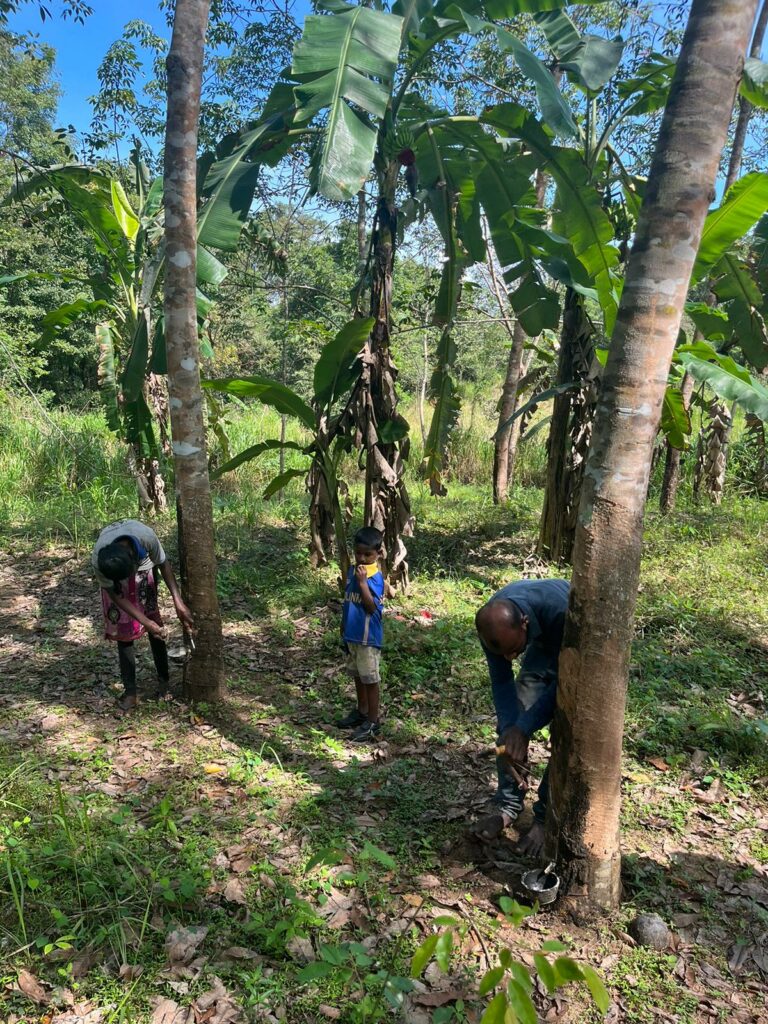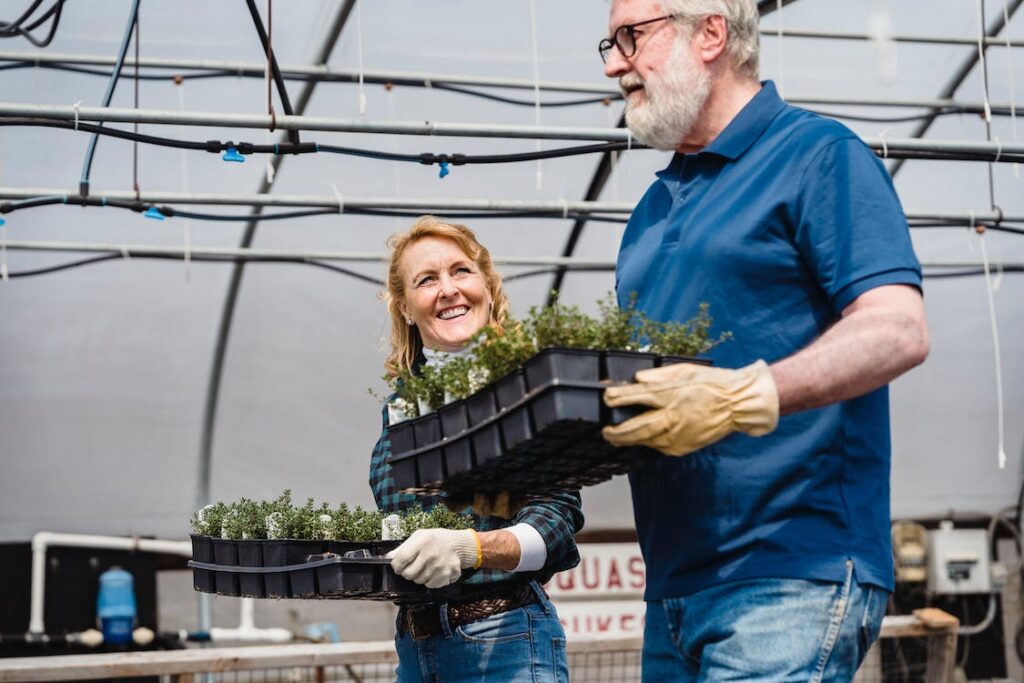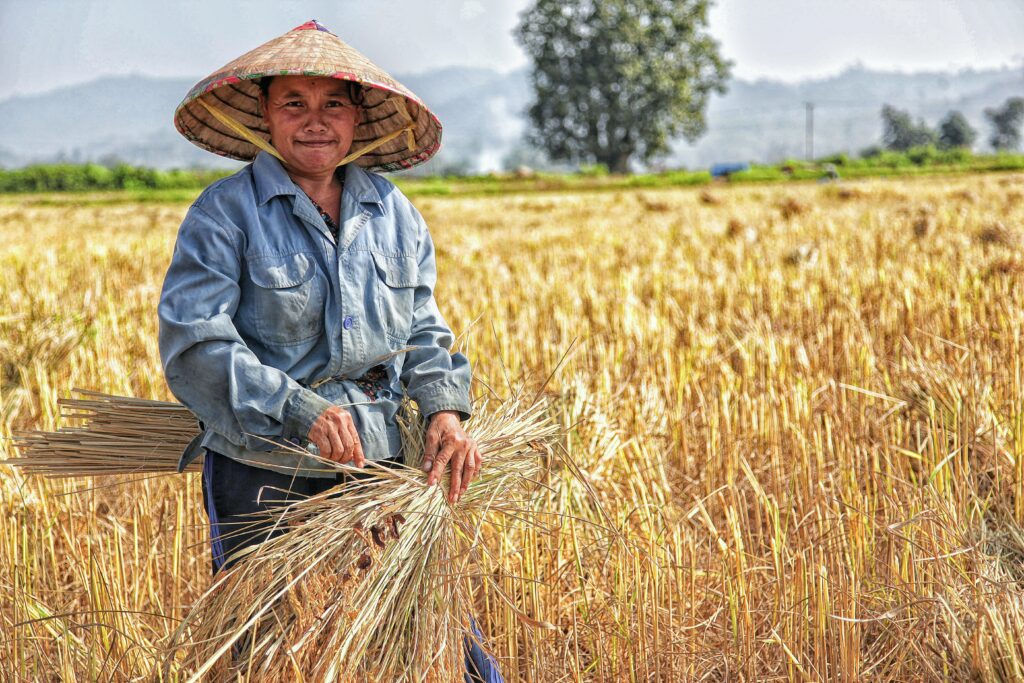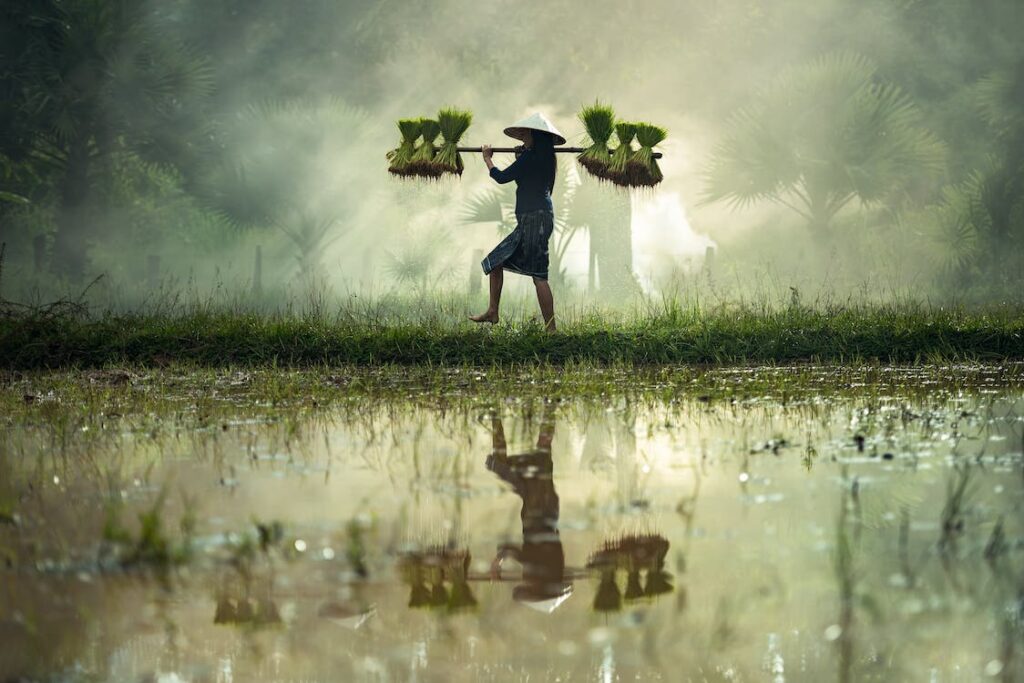Low maintenance and investments in coconut farming challenge sustainability, impacting major producing nations and rural communities
Category Archives: Smallholding Farmers
Note: this article was originally posted on https://agrilinks.org/post/data-science-approach-process-data-collected-vulnerable-populations This article outlines a data science approach to processing data collected from vulnerable populations, which we employ at Scale Up Training Traceability Impact (SUTTI), an initiative by Ksapa. SUTTI enables the transformation of the first mile of agricultural supply chains. We work with, and for, small farmers […]
Exploring how digital tools can transform agriculture in global south, featuring insights from J-PAL, Tomorrow’s Foundation, Axiata, Ksapa
Ksapa explores agricultural challenges and insights from COP 28 events, highlighting solutions for a sustainable and equitable farming future
Explore how rice, feeding one-fifth of global calories, faces supply chain challenges amid rising demand and declining yields
Digital technologies enable transparency and sustainability in agricultural supply chains, improving environmental and human rights practices
Learn how Ksapa built and led a coalition transforming smallholder farming practices across Sri Lanka through stakeholder collaboration
Analyzing gender roles across agricultural supply chains to promote equality and optimize sector performance through inclusion
Learn proven principles for including smallholder farmers in agricultural programs, drawn from successful field implementation
Corporate buyers can drive sustainability in agriculture by implementing responsible purchasing practices that protect ecosystems and people.

